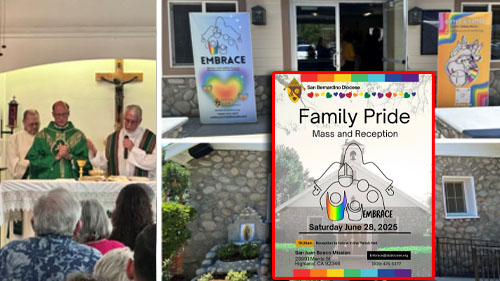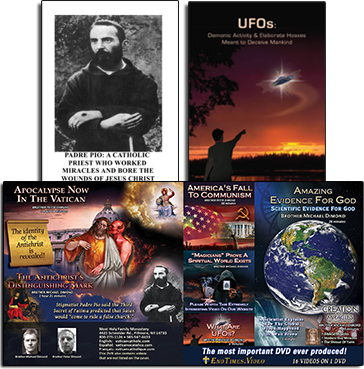Spirituality
“In October, 1601 there occurred to St. Lawrence of Brindisi the most remarkable event of a truly remarkable career… The Christian army was greatly outnumbered by the Turks, having perhaps 18,000 to oppose more than 60,000 of the Turks… St. Lawrence spoke to the men. He said he would march at their head with the cross, to fight the enemies of the Cross [the Muslims]… St. Lawrence rode into the thick of the battle, holding the cross aloft. Cannonballs, bullets, arrows whizzed all around him. Scimitars flashed at him, yet he went through it all unscathed… The field commander, the Duc de Mercoeur, conceded that ‘the victory, which was truly miraculous, was, after God and the Blessed Virgin, due to the Capuchin [St. Lawrence]… The events of the battle… were witnessed by Catholic, Protestant and Turk. Some of the Protestant witnesses became Catholics because of St. Lawrence’s part in the battle; the Turks thought he was a magician.” (33 Doctors of the Church, p. 551)
Doctrine
Pope Benedict XIV, Nuper ad nos, March 16, 1743, Profession of Faith: “Likewise (I profess) that baptism is necessary for salvation, and hence, if there is imminent danger of death, it should be conferred at once and without delay, and that it is valid if conferred with the right matter and form and intention by anyone, and at any time.”










 " />
" /> " />
" /> " />
" /> " />
" /> " />
" />





